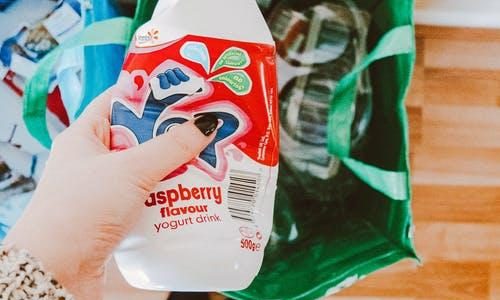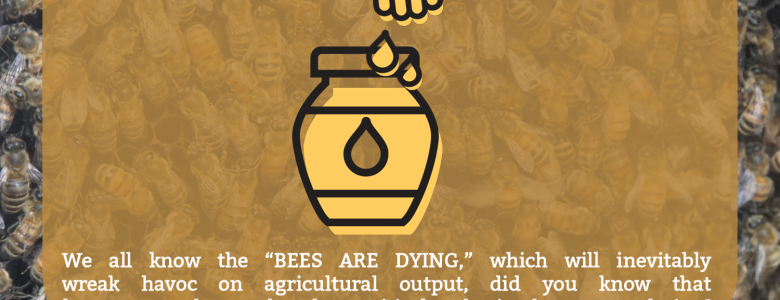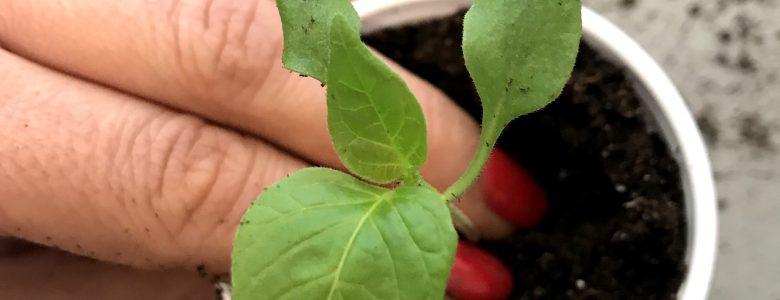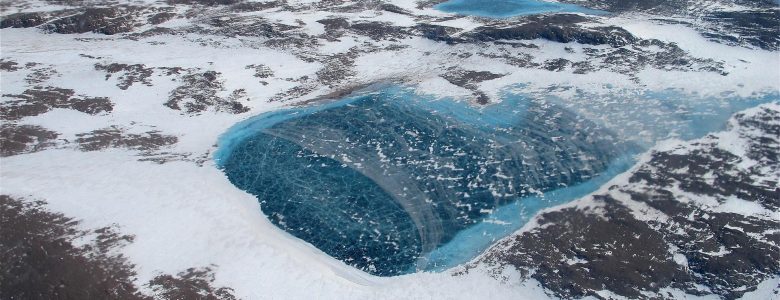June 30, 2021
How You Can Be More Eco in Your Life by Jeremy Bowler

Writer Jeremy Bowler shares a few green tips for sustaining an eco-friendly lifestyle.
a burgundy zine
June 30, 2021

Writer Jeremy Bowler shares a few green tips for sustaining an eco-friendly lifestyle.
May 8, 2021

Beyond the “modern-day necessities” — cars, gas, electricity, and TikTok — the historically fundamental necessity, farming, contributes to a quarter of all greenhouse gas emissions globally. These emissions arise from agricultural practices, forestry, and land-use changes.
… Oh, and cow farts (or rather, their burps). Lest we forget the Food and Agriculture Organization of the United Nations reported that 14.5 percent of GHG emissions come from livestock, with cattle contributing to more than half of those emissions.
Since not-farming is not an option (and we can’t expect cows to never be gassy, even with dietary interventions), it’s high time for a sustainability overhaul of the agricultural industry: planet-friendly farming.
September 2, 2020

As sunflowers put on a show for us this month, it’s also important to pay homage to another black and yellow marvel of nature: bees.
September is National Honey Month, a time in which we honor the byproduct of the five-eyed, six-legged, insects that have soared through our skies at 20mph for the last 30 million years.
Bee pollination adds approximately 14 billion dollars to improved crop yield and quality annually in the United States, according to NASA. And while we all know the “BEES ARE DYING,” which will inevitably wreak havoc on agricultural output, did you know that honey may have played a critical role in human evolution?
August 22, 2020

Today is Earth Overshoot Day, which marks the date when we silly, demanding humans have exhausted the natural resources beyond what Earth can regenerate in a given year.
July 1, 2020

Americans nationwide are flocking to beaches in droves as states ease their way into the green phase of the coronavirus pandemic.
While some may feel life is slowly “returning to normal,” other states have just begun to feel the full wrath of COVID-19.
In addition to raising our environmental awareness for National Clean Beaches Week, let’s not forget that we’re still amidst a global pandemic. We encourage you to spread information about making your day trips to the coast as safe as possible.
June 8, 2020

Teresa Maria of Outlandish Blog tackles the environmental pitfalls of the fashion industry and teaches us how to recycle our clothes sustainably.
May 22, 2020

Brooklyn-based organization The Subversive Gardener discusses their viral campaign to promote sustainable indoor gardening and connect New Yorkers with the global movement to grow your own food.
May 13, 2020

Last year saw record-breaking ice melt events in Greenland, with the largest island on Earth yielding a net ice loss of over 300gt, according to the National Snow & Ice Data Center.
To put this into perspective, a gigatonne is 1,000,000,000 metric tons, and a metric ton is equal to 1.10231 US tons. 300gt is roughly 330.7 billion US tons. Here, try out the conversion for yourself. We’ll wait.
However, last year was only the seventh-worst year for ice melt in Greenland. Data from the NSIDC shows 2012 had the highest ice melt, but melt had significantly decreased by 2013 – that isn’t to say conditions weren’t a cause for concern, but they had “chilled out” in comparison to 2012.
So, is there a chance 2020 might spare a little mercy towards Greenland? Well…